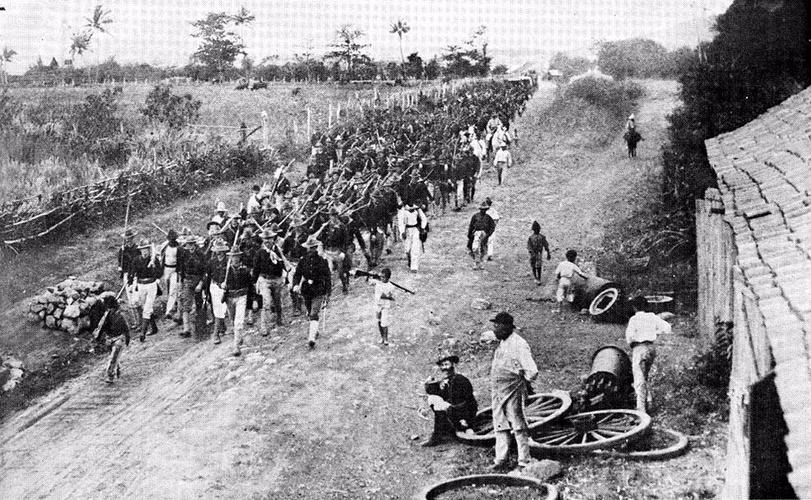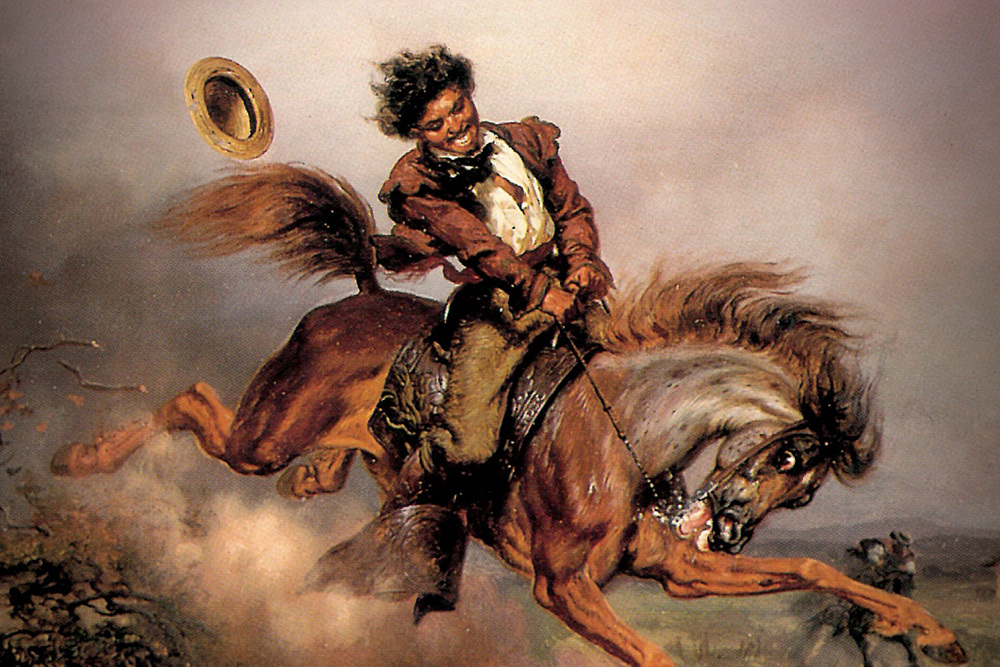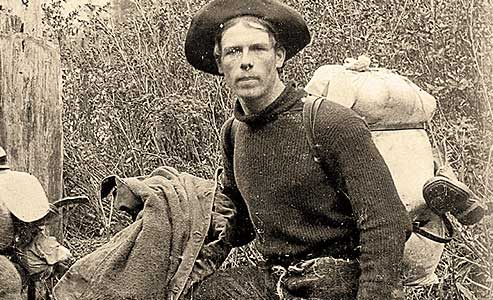
World’s first "test tube" baby born
On July 25, 1978, Louise Joy Brown, the world’s first baby to be conceived via in vitro fertilization (IVF) is born at Oldham and District General Hospital in Manchester, England, to parents Lesley and Peter Brown. The healthy baby was delivered shortly before midnight by caesarean section and weighed in at five pounds, 12 ounces.
Before giving birth to Louise, Lesley Brown had suffered years of infertility due to blocked fallopian tubes. In November 1977, she underwent the then-experimental IVF procedure. A mature egg was removed from one of her ovaries and combined in a laboratory dish with her husband’s sperm to form an embryo. The embryo then was implanted into her uterus a few days later. Her IVF doctors, British gynecologist Patrick Steptoe and scientist Robert Edwards, had begun their pioneering collaboration a decade earlier. Once the media learned of the pregnancy, the Browns faced intense public scrutiny. Louise’s birth made headlines around the world and raised various legal and ethical questions.
The Browns had a second daughter, Natalie, several years later, also through IVF. In May 1999, Natalie became the first IVF baby to give birth to a child of her own. The child’s conception was natural, easing some concerns that female IVF babies would be unable to get pregnant naturally. In December 2006, Louise Brown, the original “test tube baby,” gave birth to a boy, Cameron John Mullinder, who also was conceived naturally.
Today, IVF is considered a mainstream medical treatment for infertility. Hundreds of thousands of children around the world have been conceived through the procedure, in some cases with donor eggs and sperm.

19TH CENTURY
1832
The first railroad accident
The first recorded railroad accident in U.S. history occurs when four people are thrown off a vacant car on the Granite Railway near Quincy, Massachusetts. The victims had been invited to view the process of transporting large and weighty loads of stone when a cable on a vacant car snapped on the return trip.

1950S
1956
Ships collide off Nantucket
At 11:10 p.m., 45 miles south of Nantucket Island, the Italian ocean liner Andrea Doria and the Swedish ocean liner Stockholm collide in a heavy Atlantic fog. Fifty-one passengers and crew were killed in the collision, which ripped a great hole in the broad side of the Italian in the broad side of the Italian vessel.

UNITED STATES
1898
U.S. forces invade Puerto Rico
During the Spanish-American War, U.S. forces launch their invasion of Puerto Rico, the 108-mile-long, 40-mile-wide island that was one of Spain’s two principal possessions in the Caribbean. With little resistance and only seven deaths, U.S. troops under General Nelson A. Miles.

WORLD WAR II
1943
Benito Mussolini falls from power
On July 25, 1943, Benito Mussolini, fascist dictator of Italy, is voted out of power by his own Grand Council and arrested upon leaving a meeting with King Vittorio Emanuele, who tells Il Duce that the war is lost. Mussolini responded to it all with an uncharacteristic meekness.

WORLD WAR I
1917
Dancer and spy Mata Hari sentenced to die
In Paris, France, on July 25, 1917, the exotic dancer Mata Hari is sentenced to death by a French court for spying on Germany’s behalf during World War I. Since 1903, Margueretha Gertruida Zelle, born in a small town in northern Holland and formerly married to a captain in the Dutch army, had performed in Paris as a dancer.

SPORTS
1992
Opening of the XXV Olympiad in Barcelona
On July 25, 1992, the opening ceremonies of the Games of the XXV Olympiad are held in Barcelona, Spain. The Barcelona Olympics were the first ever in which professional athletes were allowed to participate, and the first Games since 1972 in which every member nation of the International Olympic Committee competed.

WORLD WAR II
1945
Truman drops hint to Stalin about a "terrible" new weapon
On July 25, 1945, President Harry S. Truman hints to Soviet Premier Joseph Stalin that the United States has successfully developed a new weapon. In his diary, Truman privately referred to the new weapon, the atomic bomb, as the most terrible bomb in the history of the world.

WESTWARD EXPANSION
1853
California Rangers kill Joaquin Murrieta
In a macabre instance of rough frontier justice, California Rangers claim a $6,000 award by bringing in the severed head—preserved in whiskey—of outlaw Joaquin Murrieta. In the early months of 1853, a wild band of desperadoes began terrorizing Calaveras County in central California.

ART, LITERATURE, AND FILM HISTORY
1965
Dylan goes electric at the Newport Folk Festival
Before he took the stage at the 1964 Newport Folk Festival—the annual event that had given him his first real national exposure one year earlier—Bob Dylan was introduced by Ronnie Gilbert, a member of The Weavers: “And here he is…take him, you know him, he’s yours.”

ART, LITERATURE, AND FILM HISTORY
1897
Jack London sails for the Klondike
Jack London leaves for the Klondike to join the gold rush, where he will write his first successful stories. London was born in San Francisco in 1876. His father, an astrologer named Chaney, abandoned the family, and his mother, a spiritualist and music teacher, remarried.

ART, LITERATURE, AND FILM HISTORY
1985
Rock Hudson announces he has AIDS
On July 25, 1985, Rock Hudson, a quintessential tall, dark and handsome Hollywood leading man of the 1950s and 1960s who made more than 60 films during his career, announces through a press release that he is suffering from acquired immune deficiency syndrome (AIDS).

NATURAL DISASTERS & ENVIRONMENT
2000
Concorde jet crashes, killing everyone onboard
An Air France Concorde jet crashes upon takeoff in Paris on July 25, 2000, killing everyone onboard as well as four people on the ground. The Concorde, the world’s fastest commercial jet, had enjoyed an exemplary safety record up to that point, with no crashes in the plane’s 31-year history.

CRIME
1988
A young man turns the death of his parents into a game
Police responding to an emergency call in Washington, North Carolina, find Lieth and Bonnie Von Stein stabbed and beaten in their home. Lieth was dead, but Bonnie, barely clinging to life, somehow survived. Angela, Bonnie’s 18-year-old daughter, was found in the next room.

VIETNAM WAR
1969
The Nixon Doctrine is announced
President Richard Nixon announces that henceforth the United States will expect its Asian allies to tend to their own military defense. The Nixon Doctrine, as the president’s statement came to be known, clearly indicated his determination to “Vietnamize” the Vietnam War.

INVENTIONS & SCIENCE
1941
Henry Ford writes fan letter to Mahatma Gandhi
On July 25, 1941, the American automaker Henry Ford sits down at his desk in Dearborn, Michigan and writes a letter to the Indian nationalist leader Mohandas Karamchand Gandhi.
NIGERIA IN HISTORY

1925 Obi Prof. Joseph Chike Edozien, CFR, JP, the Asagba of Asaba, Delta State, Nigeria was born in Asaba.

2009 Gov. Ikedi Ohakim of Imo state decampoed to the Peeple's Democratic party (PDP). He was elected on the Progressive Peoples Alliance (PPA) platform in 2007.
Comments
Post a Comment